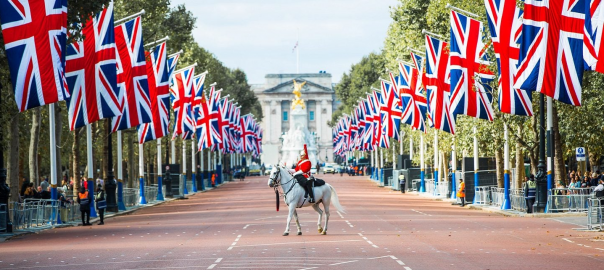The British monarchy has a long and complicated history with slavery. The first known English slave trader was John Hawkins, who sailed to Africa in 1562 and captured 300 enslaved Africans. Hawkins’s voyages were supported by Queen Elizabeth I, and they helped to establish the English slave trade.
In the 17th and 18th centuries, the British slave trade flourished. The Royal African Company, a chartered company with a monopoly on the slave trade, transported millions of enslaved Africans to the Americas. The British monarchy benefited from the slave trade, both financially and politically.
In the 19th century, the British government began to abolish slavery. The Slave Trade Act of 1807 outlawed the slave trade in the British Empire, and the Slavery Abolition Act of 1833 abolished slavery throughout the British Empire.
However, the legacy of slavery continues to haunt the British monarchy. The British royal family has never fully acknowledged its role in the slave trade, and it has resisted calls for reparations to be paid to the descendants of enslaved Africans.
In recent years, there has been a growing movement to hold the British monarchy accountable for its role in slavery. In 2020, the British government announced that it would establish a commission to investigate the British role in the slave trade. The commission is expected to report its findings in 2023.
The uncomfortable truth about slavery is that it was a system of exploitation that enriched the British monarchy at the expense of enslaved Africans. The British monarchy has a responsibility to acknowledge its role in slavery and to work to make amends for the harm that it caused.

